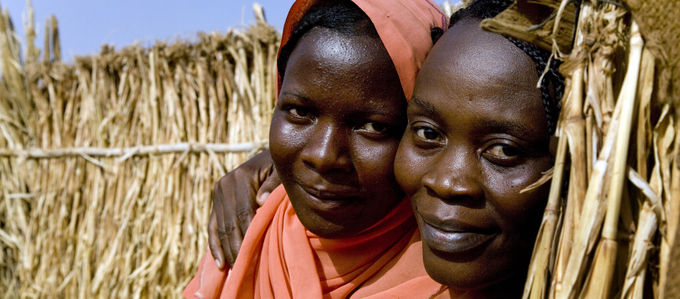
Today is United Nations Day for Women’s Rights and International Peace. A strange name! What does peace have to do with women’s rights? nac.today presents one aspect of an ongoing debate.
At the beginning of the twentieth century the focus was on achieving universal suffrage for women. The upper and middle class fought side by side to demand the free, secret, and equal right to vote. To this day, International Women’s Day is seen as a chance to reflect on and draw public attention to the rights of women around the world.
Over time, new issues of inequality have come to be raised. The focus is no longer on the right to vote but on other kinds of discrimination being faced by women. Today women demonstrate against sexual harassment in the workplace or on the street, against female genital mutilation, against child marriage, and many other discriminatory practices that women face in many areas of everyday life.
Example 1: On International Women’s Day in 2004 the then Secretary General of the United Nations, Kofi Annan, spoke out against the devastating toll that AIDS is taking on women in sub-Saharan Africa. At least half of those newly infected are women. And among people younger than 24, girls and young women make up the majority, namely nearly two thirds. Why? Because women are deprived of adequate health care services.
Example 2: In the year 2015 UN General Secretary Ban Ki-moon said: “The world will never realize 100 per cent of its goals if 50 per cent of its people cannot realize their full potential.” If women are deprived of chances it will be to the detriment of society at large—something that is inacceptable.
There are always new issues that crop up, new challenges for humankind generally and for women specifically. There is still a great deal of inequality.
What do New Apostolic women have to say when asked about this topic? Following are statements from four continents (the names are known to the editor):
- North America, Canada: Still struggling to close the gender gap
- Africa, Nigeria: Women’s rights invariably translate to human rights
- Asia, Philippines: We have to see ourselves as a team and not as opponents
- Europe, Germany: A woman should be free to choose what she wants
Photo: UN Photo/Albert Gonzalez Farran




